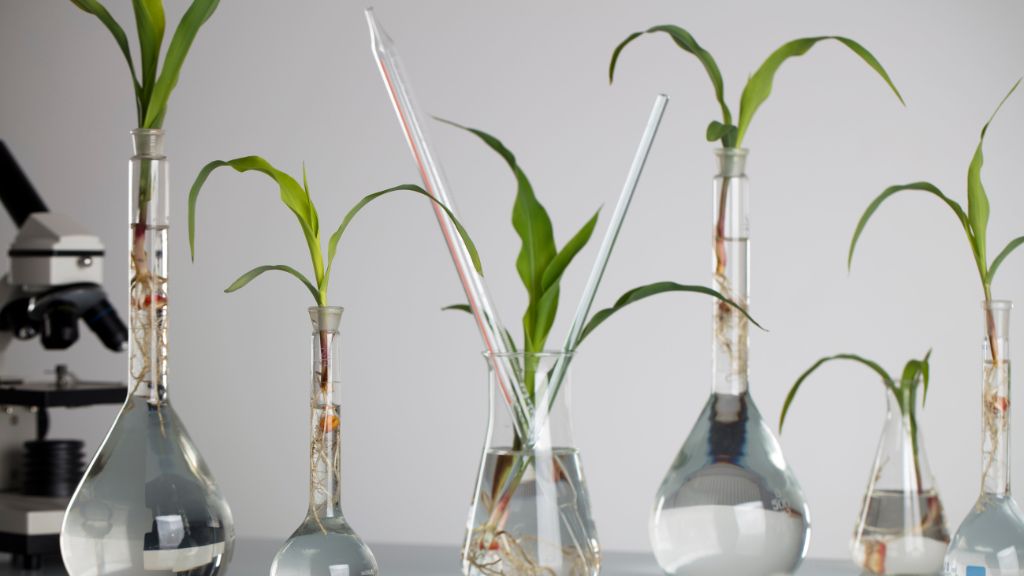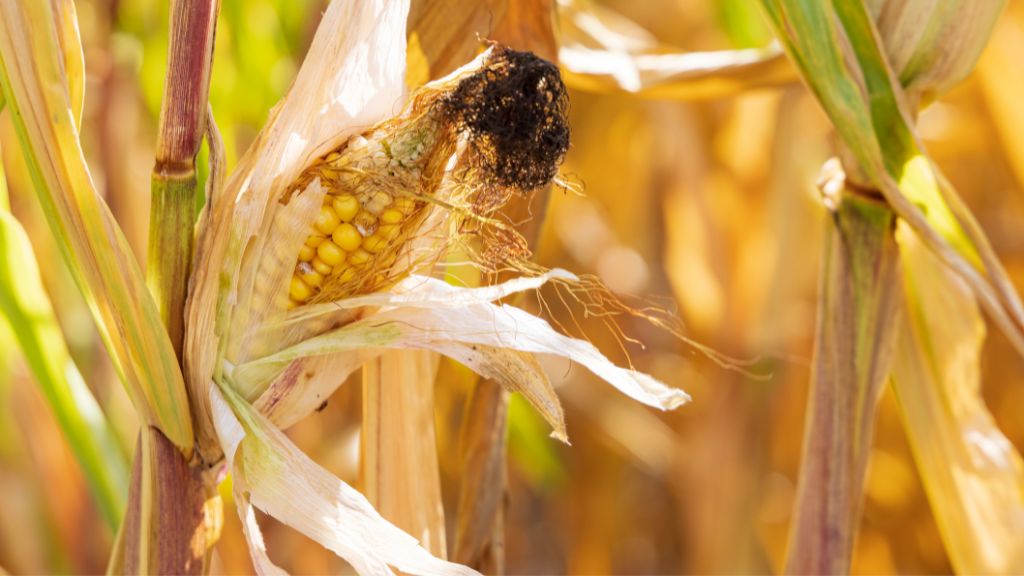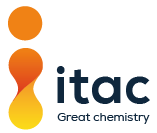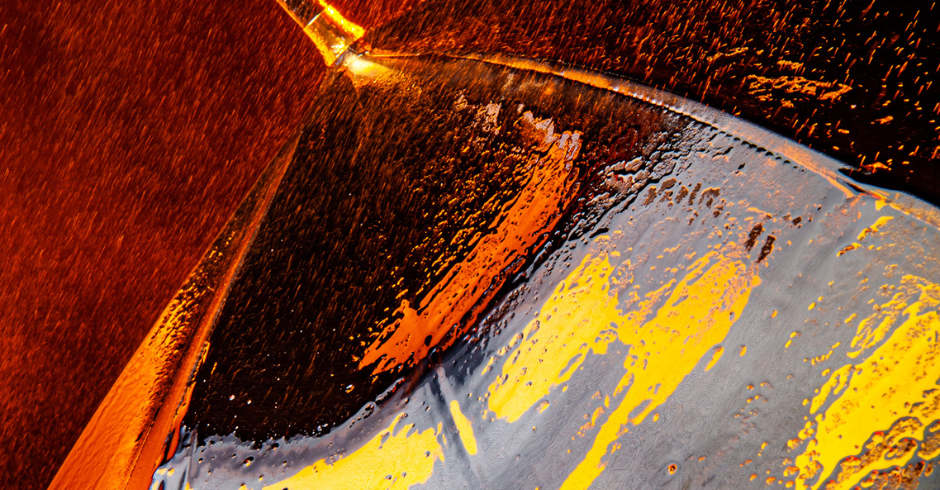Question: can bio-based adhesives and coatings provide the same high performance as conventional formulations for “greener” application solutions?
The environmental challenge
Increased pressure from environmental groups, recent natural disasters, and increased environmental awareness has pushed climate change further up the agenda as a major global concern for governments, businesses and the public across the world. Consumer needs, wants and expectations for “greener” products, services and innovations continue to rise exponentially, placing demands on whole supply chains. Not only are businesses there within now identifying with these changes as a priority factor in their day to day running, but they are also recognising their own accountability towards environmental protection. As they are critical components in countless manufacturing processes, applications and end products, adhesives and coatings companies must also commit to driving their own environmental initiatives.

Adhesives and coatings can be enablers of sustainable design in their own right. For example, when marine anti-fouling coatings are applied to a ship’s hull, this can result in up to a 40 per cent reduction in fuel consumption. Adhesives enable a uniformed distribution of stress over the whole bonded area. This reduces the risk of fracture associated with concentrated stress loads caused by mechanical joining, enhancing durability and preventing waste. However, greater emphasis is now being placed on more sustainable bonding and coating processes without compromising the quality, performance and functionality of the end product. Commercial success can only be possible if sustainability and quality work hand in hand. It is this sustainable quality that will enable businesses to satisfy customer needs, wants and expectations simultaneously, whilst actively contributing towards environmental protection.
Sustainable quality
Bio-based products are ones that are made using raw materials from renewable resources rather than increasingly depleted fossil-based raw materials. Mass extraction and processing of the latter for commercial inputs is associated with the climate change crisis, soil degradation, irreversible ecosystem damage, pollution and scarcity of resources for future generations. On the other hand, bio-based raw materials are produced using agricultural and silvicultural processes. Amongst others, they include vegetable oils, starches, proteins, lignin, and resins and are associated with low carbon footprint, low toxicity, high biodegradability, and being much kinder to the planet overall! However, when used in the formulation and manufacture of adhesives and coatings, can bio-based renewable raw materials provide the same high-performance properties customers have come to expect from conventional formulations?

Evidence suggests that for many application scenarios, bio-based adhesives and coatings can compete with conventional ones as an eco-friendly alternative. For example, using lignin in formulations has been found to increase curing speeds and bond strength and the water resistance of coatings can be increased by the inclusion of vegetable oils due to their long alkyl chains. Furthermore, the inclusion of dispersing agents and cross-linkers to enhance or improve the mechanical properties of bio-based adhesives and coatings, has resulted in their increased viability and potential for many applications. Therefore, ITAC have committed to bio-based research and development initiatives that will contribute towards the increased sustainability of our products and manufacturing processes.
Initial findings
One area we are currently active with is a bio-based alternative to one of our solvent-based polyurethane coating lines. Its properties make the coating a suitable solution for a variety of commercial and industrial applications as a primer or an adhesive. Initial testing has indicated that for its adhesion properties, similar adhesive strengths can be achieved using bio-based polymers with only a small loss of adhesion based on average peel force. Given the potential green credentials of this result, further research and development is underway for other bond strength metrics. This will ensure reliability and uniformity in the bonding characteristics of tested formulations within parameters that may also influence performance. For example, these may include different application substrates and environmental conditions. Stick with us for further developments!
Further information on ITAC’s research and development activity or capabilities can be found by contacting our commercial or technical teams on 01204 573736 or by email at info@itac.uk.com.






